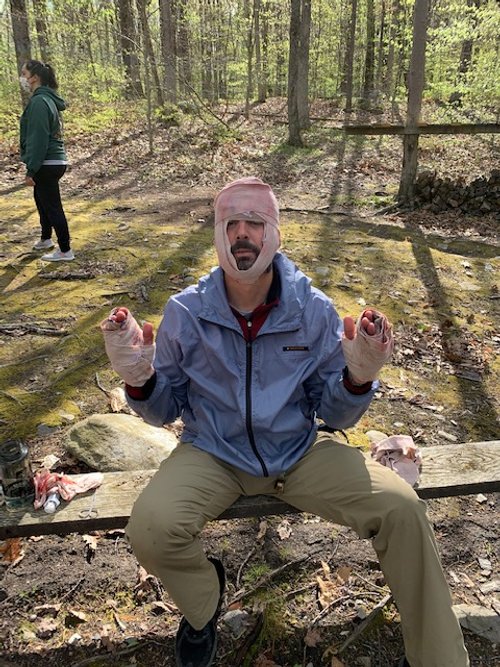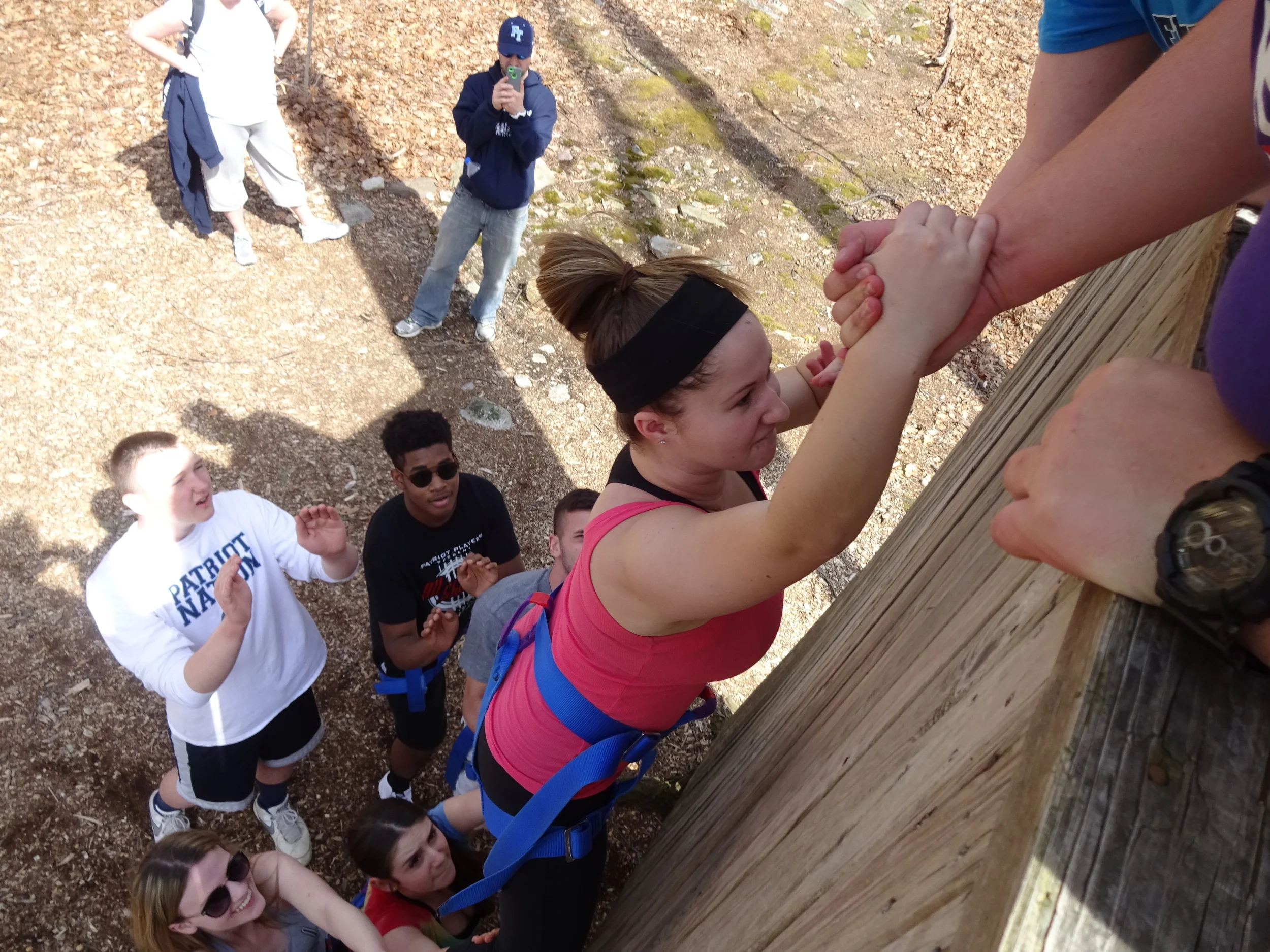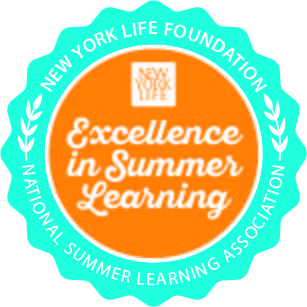Ensuring Inclusive Summer Experiences for All
/For many, summer opportunities evoke memories of endless fun, camaraderie, and adventure. These cherished institutions have long been synonymous with learning, growth, and unforgettable experiences. However, beneath the veneer of idyllic summers lies a pressing issue – not everyone has equal access to this transformative rite of passage. There is an equity gap that hinders access to high quality summer learning opportunities for certain members of society. For people from historically marginalized communities there remain barriers to accessing these transformative experiences.
While summer enrichment opportunities are often viewed as quintessential experiences for children and teenagers, the reality is that they remain elusive to certain populations. Financial constraints are a significant barrier, as many programs come with steep fees that may be beyond the reach of low-income families. Additionally, geographic location can be an issue, with opportunities predominantly concentrated in certain areas, leaving rural or less wealthy communities at a disadvantage. Moreover, cultural differences and lack of representation can make certain groups feel unwelcome, contributing to the persistent equity gap.
The Princeton-Blairstown Center creates equitable summer learning experiences through their award-winning Summer Bridge Program which offers young people from historically marginalized communities with a one-week residential academic and leadership program, free of charge. Participants work to lessen summer learning loss and build 21st Century skills by engaging in a curriculum focused on STEM, Literacy, and Social Emotional Learning.
Creating a more accessible and inclusive summer learning environment requires a multifaceted approach. First, fostering diversity among program staff and leadership is vital. Having a diverse team can ensure that students from all backgrounds see themselves represented, fostering a sense of belonging and acceptance. The Center works to employ staff from diverse backgrounds who have an interest and passion for creating positive learning experiences for youth. Secondly, the Center actively seeks partnerships with local organizations that work in communities that do not have the same access to nature and summer learning as some of their wealthier counterparts. Furthermore, the feedback received from partners, students, and chaperones helps the Center to continually improve inclusivity based on the experiences and perspectives of participants and their families.
Summer learning programs have the potential to be transformative experiences, nurturing friendships, building character, and fostering a love for exploration. However, it is crucial to acknowledge that not all youth have the same level of access to these opportunities. By recognizing the equity gap and actively working towards a more inclusive environment, summer programs can become bastions of diversity, acceptance, and personal growth. Together, we can ensure that every child, regardless of their background, has the chance to create memories and grow through the magic of high-quality summer programming.






















